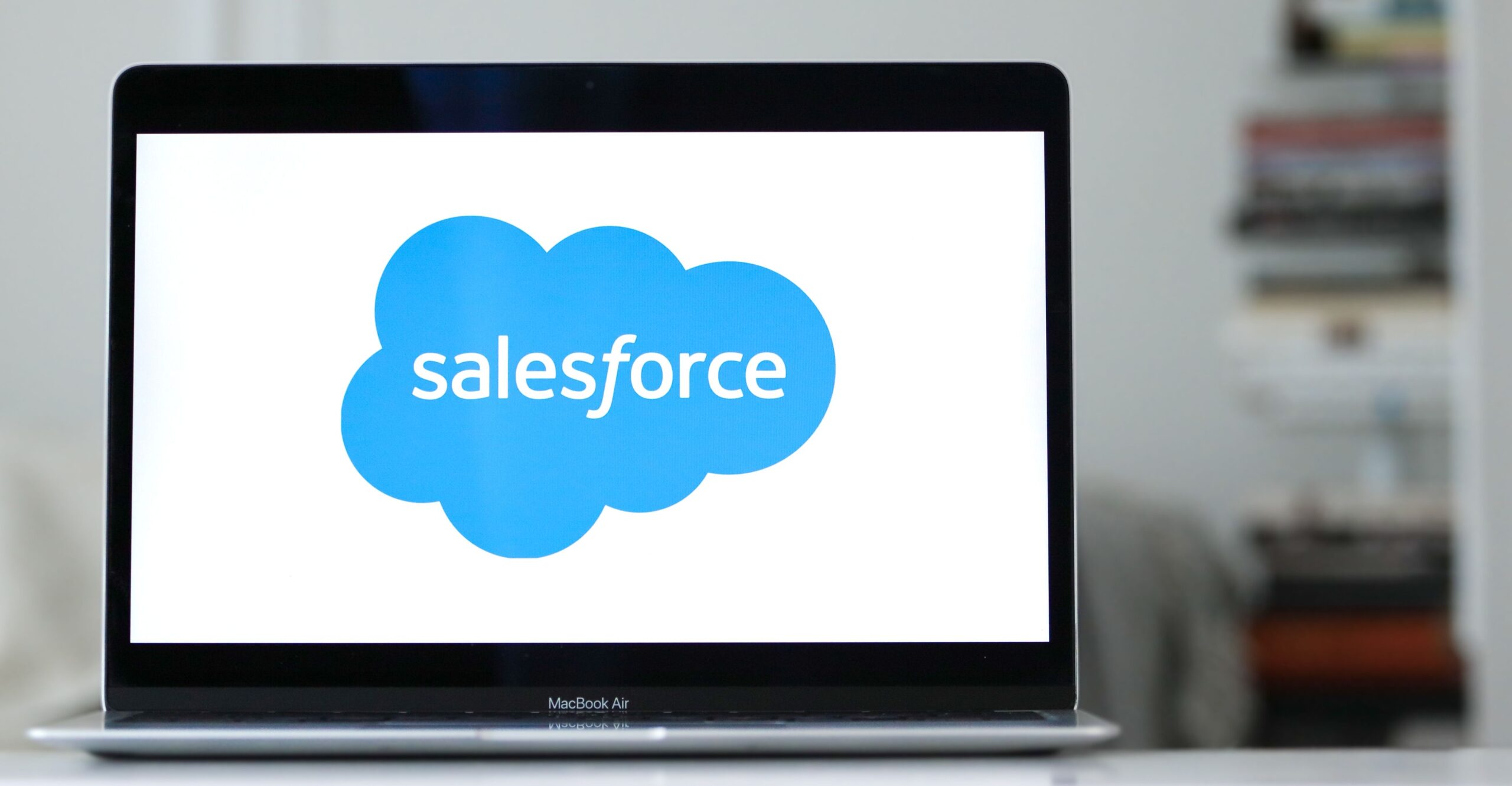The three musketeers go head-on
Microsoft makes its tablet debut by announcing pre-orders of Surface a few days back. Surface runs on Windows RT, a special OS designed for tablets. This was all set to crush iPad’s building momentum, until Apple sent out invitations for a special event – “we’ve got a little more to show you”. And that’s for their smaller iPad model. And now, hot off the press, Google announces an Android event on October 29th and 1 minute ago TechCrunch tells me that they are launching ‘a tablet for everyone’ campaign with their $249 Chromebook from Samsung. A Chromebook for all – their newly sought mission. It’s war time and an interesting time to see how these wars will play out.
Who’s got the best hand?
Well, undoubtedly, Apple and Google are ahead in the game with popular OS’s ubiquitously used and Windows clearly has a lot of work to do to disrupt the market with its newbies. Read my earlier post on what they can do to yank the tablet market share. Hands down Android leads the apps market followed by Apple – universal truth, everyone knows. And of course, the third musketeer is making best efforts- holding global hackathon for developers in over 60 cities starting November 9th to kick-start the nouveau Windows 8 development community. However the bigger problem still exists – Windows cannot create the grand slew of apps which the other guys have anytime soon.
Now, who’s acing the marketing strategy?
That’s a million dollar question. We all know that Apple has to do little on this front as it has cast a brand impression far and wide and lured people consistently to buy experience, design and style with the 1s, 2s, 3s and now Minis. All of they have to say is “we’ve got a little more to show you” and get ready for the long lines in front of their stores and make Foxconn in China work harder.
Google’s strategy is interesting and it almost seems reactive. However, a strategy exists. They’re using product, price, promotion and place tactics to takeover with their $249 Chromebooks. Yes, a first big marketing push for Chromebook with TV spots for the non-techie audience and expansion of its brick-and-mortar efforts by collaborating with almost 500 stores with special Chromebook kiosks.
But Microsoft by far is still the largest spender with the $1.8 billion number. And seems like being a new entrant, it’s almost inevitable if it needs to make a dent. What we have to remember though is it is competing with folks who already been there and done that pretty well and with folks who have cast a wide net with their marketplace and open source OS’s.







